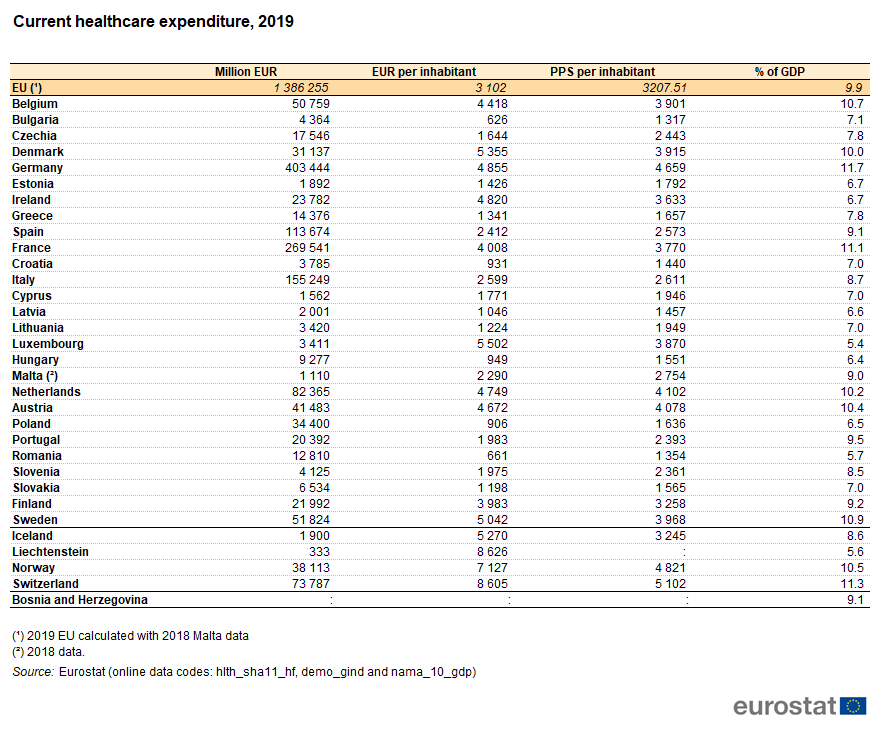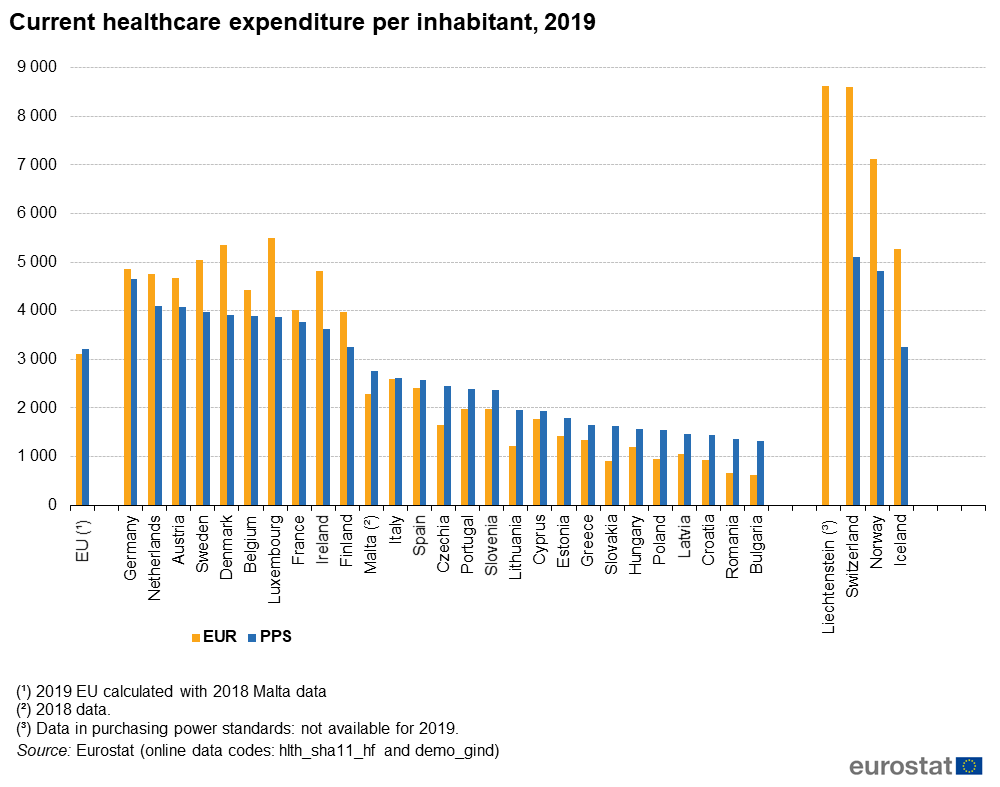More examples:
(1) A consultant stated that he gets four times as many procedures done in the private hosp compared to a public hosp. This quote was in the public domain.
Now, I suspect a certain amount of hyberbole, but I'm sure there is some truth to that.
Output per day is bound to be higher.
(2) I spoke to a HR manager in a large private hosp, tells me scans/MRI/imaging continues until 2am. I asked are there really patients going in after midnight for scans? Yes.
But not in the HSE hosp.
(3) Staff in Sligo endoscopy unit confirmed to me that they often have excess staff, as the number of staff isn't matched to the volume of patients on the list.
I accept that unions may not be involved in all these issues.
However, I contend that is all hosps were run on the basis of "money follows the patient" / UHI, I feel output would be higher.
Providing actual examples is preposterous and does not fit the public servant union-apologist narrative!
This inanely perpetual discussion might have nowhere else to go now.


